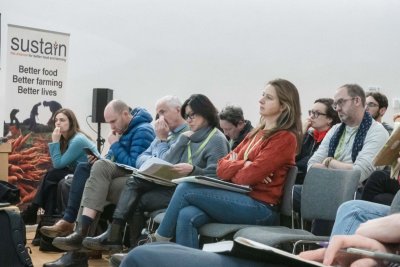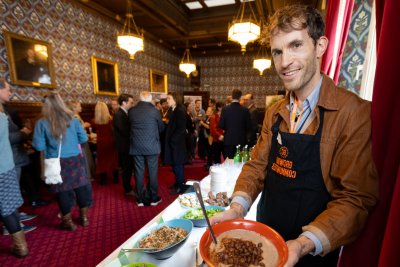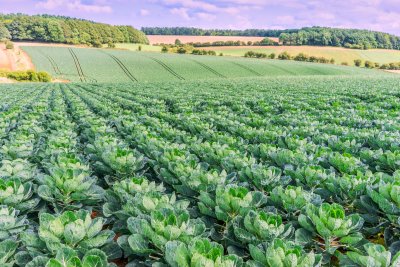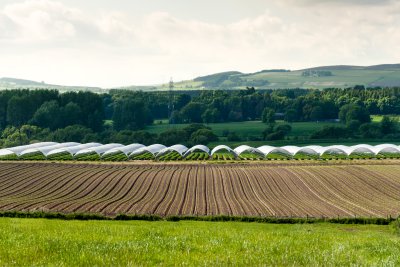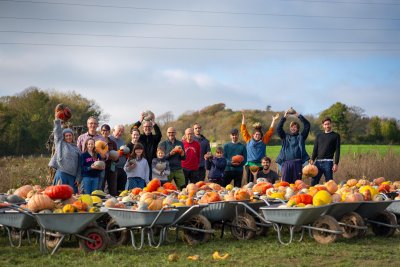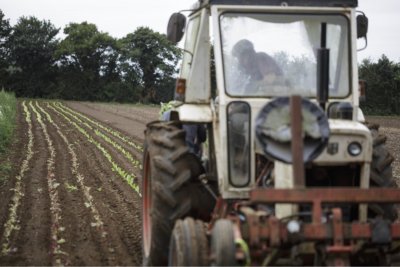 Credit: Miles Willis
Credit: Miles Willis
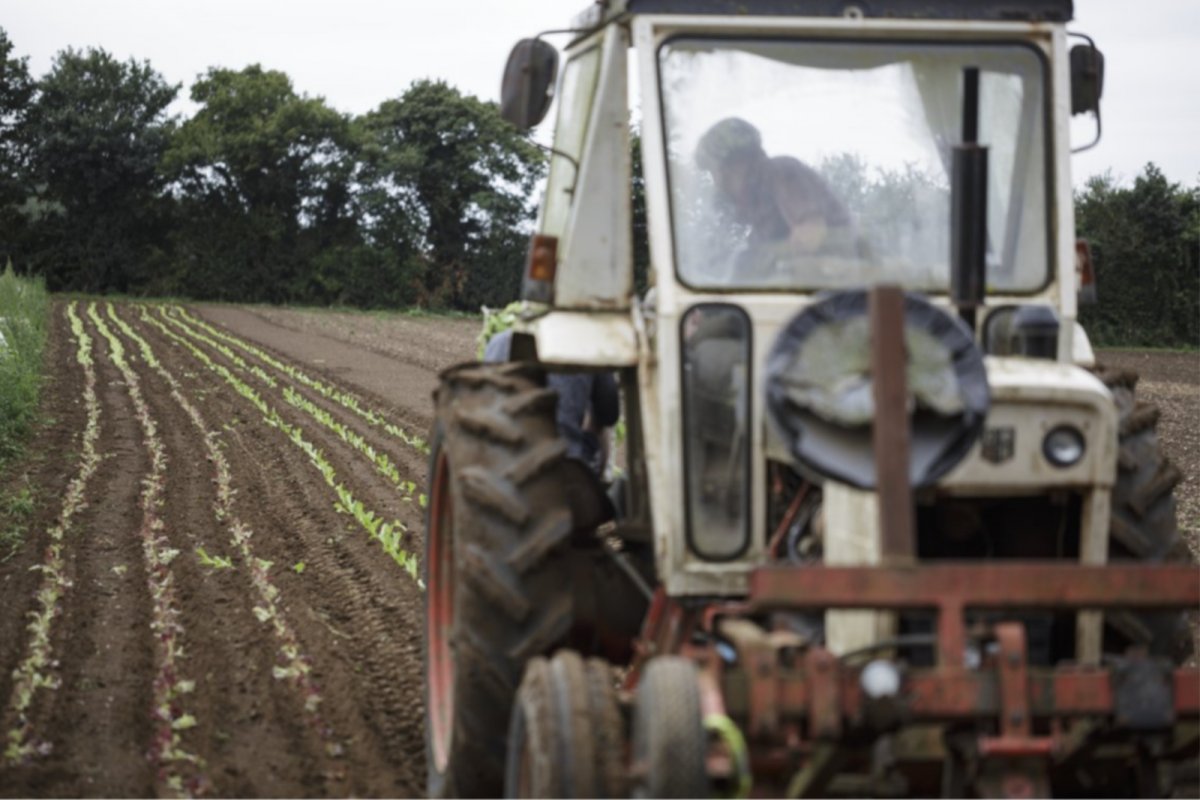
New report by the Soil Association explores the concept of ‘Whole Farm Plans’
The Soil Association launches Planning For Change report, which aims to define best practice for farm planning and provides policy recommendations for UK governments.
The Planning For Change report, published by the Soil Association, delves into the multifaceted aspects of the whole farm plan approach, which intends to facilitate a more feasible transition to sustainable farming in the UK. The report highlights the challenges food producers face regarding competing demands on land use, which include nature restoration, climate mitigation and adaptation, flood management, woodland creation, and renewable energy generation.
A whole farm plan is a holistic design approach that integrates every aspect and asset within the farm and its land characteristics within the planning. This design considers that farms are not only businesses but complex, interconnected ecological systems. Whole farm plans aim to combine the economic, environmental, and social effects of farming operations and establishing precise goals. Crucial to whole-farm planning is the concept of circularity, where outputs from one farm aspect can serve as inputs for another. For instance, reintroducing livestock into arable rotations can contribute to environmental goals like enhancing soil health and biodiversity, while also cutting costs through decreased reliance on synthetic fertiliser.
The report points to tools such as the Soil Association Exchange and the Organic Research Centre’s Public Goods Tool, which help facilitate tasks such as assessing biodiversity and soil surveys while integrating assessment of other public goods that are provided on a farm i.e. landscape and heritage, energy and carbon, and social capital.
The Scottish Government has already adopted this terminology as their proposed framework for agricultural support, suggesting that a whole farm plan may become compulsory for recipients of the government support.
The authors did recognise that whole farm plans may also be challenging for small food producers who have limited time for administrative tasks. In order to help support farmers, some farming experts are calling for government schemes to help farmers with their planning.
Marina O’Connell, Director of the Apricot Centre said:
'Farmers need more support in planning their business model. Farming Connect is a good example of the support available in Wales – we need a similar scheme in England to enable farmers wanting to transition to regenerative models to find the support and time to plan for this in detail so that it works financially.'
Will White, Sustainable Farming Coordinator at Sustain said:
'Whole Farm Plans have the potential to encourage systems level thinking when designing farm enterprises. Through embracing the concept of circularity, whole farm plans can ensure sound ecological practices undertaken on one part of the farm are not undermined by another. We believe it’s important that governments across the UK encourage whole farm plans and provide financial support and good quality advice programmes in order to make it easier for farmers to devise these plans.'
Sustainable Farming Campaign: Pushing for the integration of sustainable farming into local, regional and national government policies.
Sustain
The Green House
244-254 Cambridge Heath Road
London E2 9DA
020 3559 6777
sustain@sustainweb.org
Sustain advocates food and agriculture policies and practices that enhance the health and welfare of people and animals, improve the working and living environment, promote equity and enrich society and culture.
© Sustain 2026
Registered charity (no. 1018643)
Data privacy & cookies
Icons by Icons8
